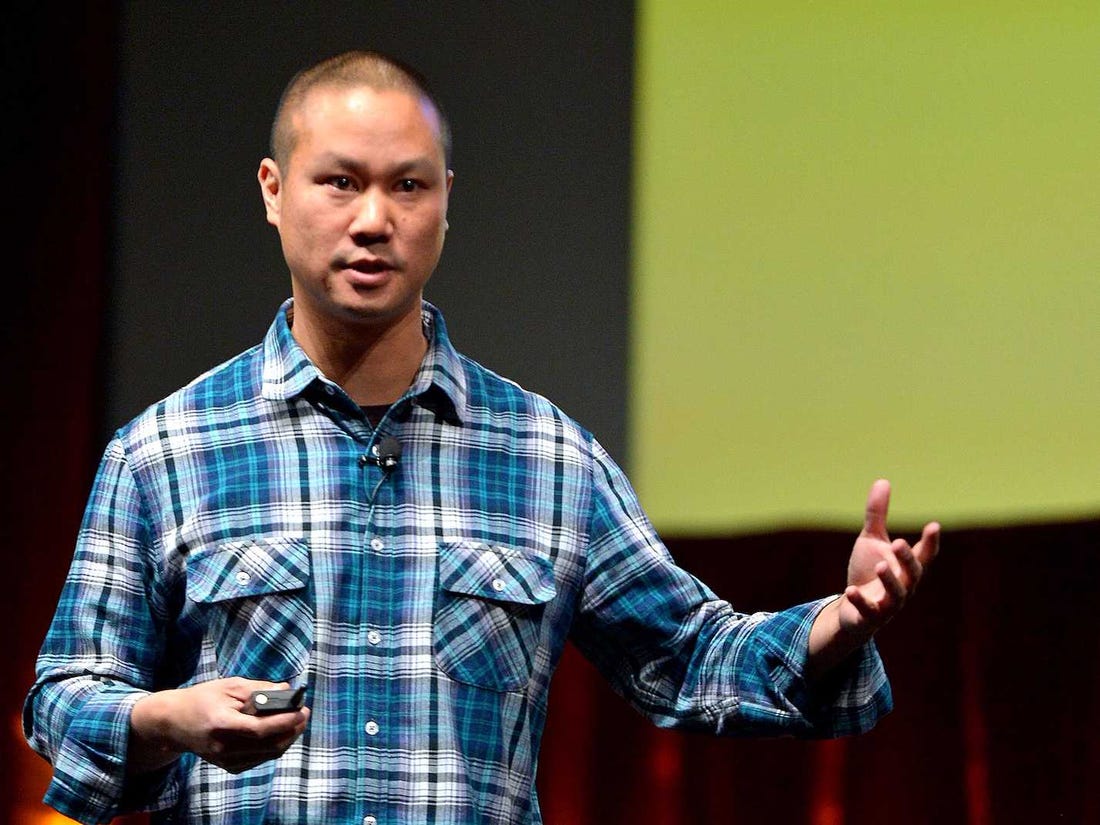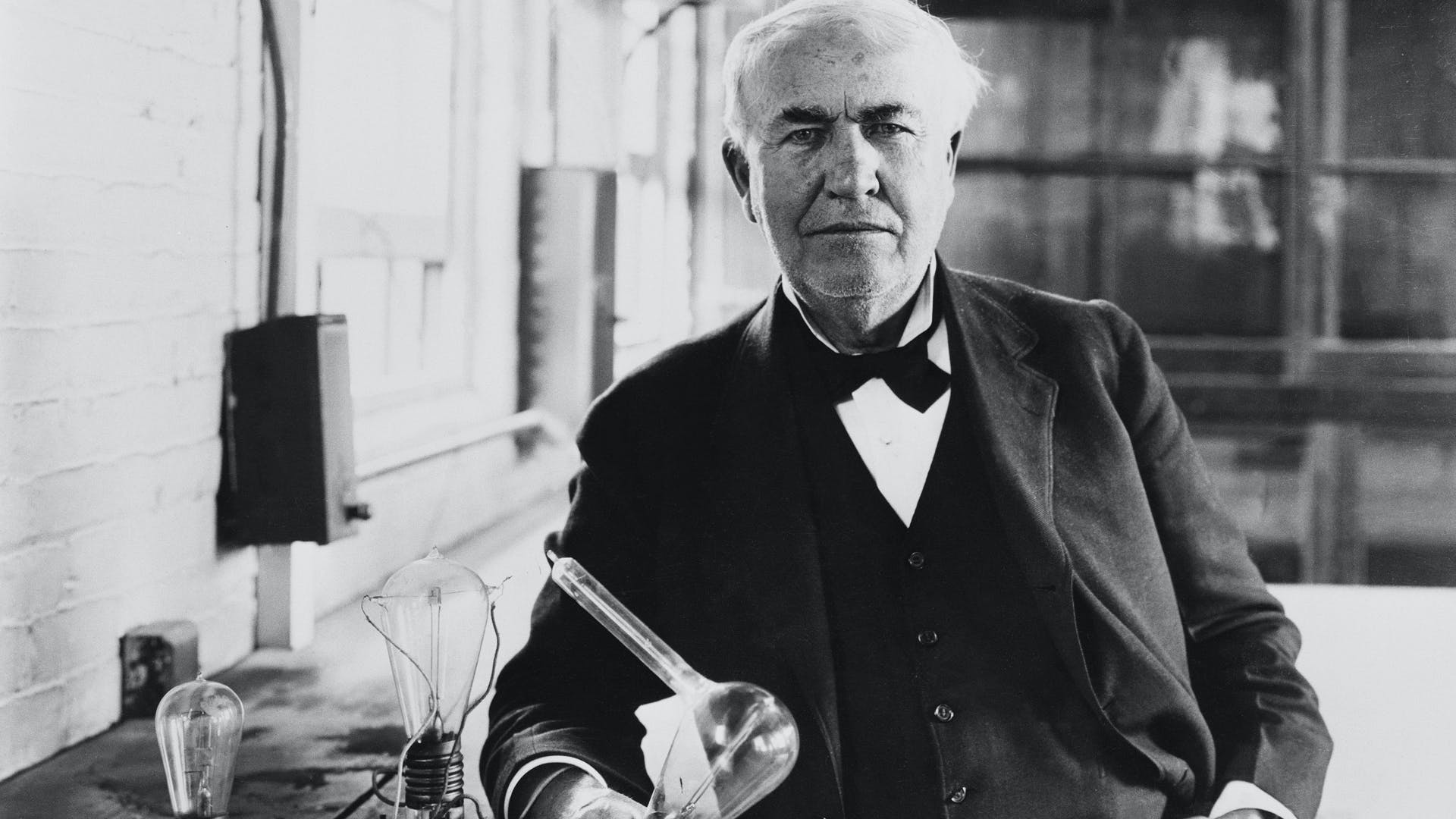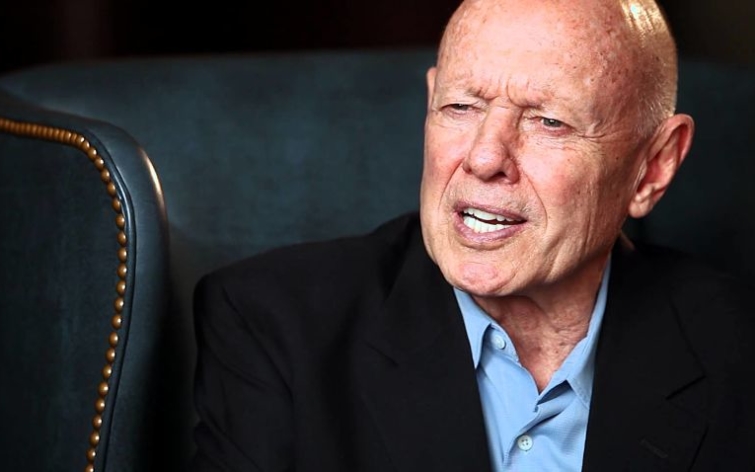
Welcome to ScienceDoors.com The best place to study and learn scientific content.
New technologies, wonders of the world and the future world
editor@sciencedoors.com
Most people say that their biggest desire is to achieve success in their careers and personal lives. But, what is success? Do you really know what it means? The definition of success is not a fixed one. It changes according to each person’s perspective. That’s why it is up to each one of us to define the concept of a successful professional, and individual, to make the necessary effort to reach these objectives.
Whatever your idea of success, know from the start that it is not possible to achieve it without hard work.
With that in mind, we researched what foremost authors, inventors, and entrepreneurs consider success to be.
Read on to see how Richard Branson, Maya Angelou, Deepak Chopra, and others define success.

Huffington says that while we tend to think of success along two metrics — money and power — we need to add a third.
"To live the lives we truly want and deserve, and not just the lives we settle for, we need a Third Metric," she says, "a third measure of success that goes beyond the two metrics of money and power, and consists of four pillars: well-being, wisdom, wonder, and giving."
Together, those factors help you to take care of your psychological life and truly be successful, or as the title of her new book suggests, "Thrive."

With 620 victories and 10 national titles, Wooden is the winningest coach in college basketball history.
But his definition is more about competing with yourself than the other guy:
"Success is peace of mind, which is a direct result of self-satisfaction in knowing you did your best to become the best you are capable of becoming," he said.

"Your personal core values define who you are, and a company's core values ultimately define the company's character and brand," Hsieh writes in "Delivering Happiness," his memoir about building Zappos.
"For individuals, character is destiny," he says. "For organizations, culture is destiny."


At the prime of his political career — from 1929 to 1939 — Churchill was kept out of office, in a period historians call "the wilderness."
Yet he stayed publically active, and in 1939, the then-Prime Minister asked him to serve as First Lord of the Admiralty as Hitler's Germany rose.
We can see how his definition of success arose from those frustrating years: "Success is going from failure to failure without losing enthusiasm," Churchill said.

Though Sir Richard Branson is worth some $5 billion, the Virgin founder equates success with being fully immersed in your work.
"My definition of success?" he asked himself on Virgin's blog. "The more you're actively and practically engaged, the more successful you will feel."

The physician and author says it's a matter of continual growth.
"Success in life could be defined as the continued expansion of happiness and the progressive realization of worthy goals," Chopra writes in "The Seven Spiritual Laws of Success."

Edison — holder of over 1,000 patents — had an insane work ethic. He was known to put in 72 hours at a time.
So naturally, his definition of success is equally ambitious: "Success is 1% inspiration, 99% perspiration."

Make sure you enter all the required information, indicated by an asterisk (*). HTML code is not allowed.